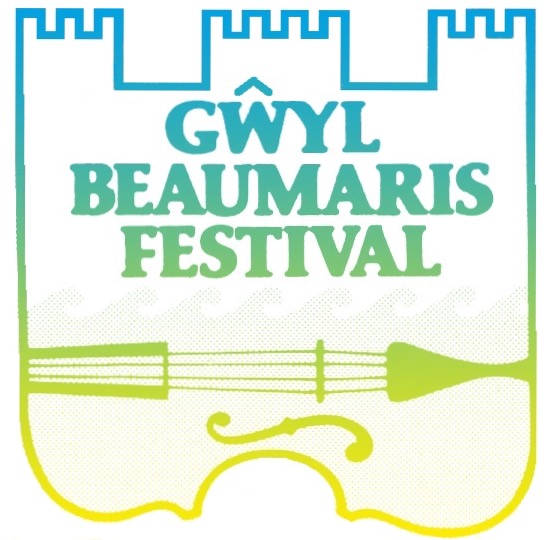GERARD BOETERS
Available to stream
Monday 28 December/ Dydd Llun Rhagfyr 28
3 PM/YH
Viola Recital with Ynyr Pritchard
Prelude from Suite no. 3 in C Major, BWV 1009
Johann Sebastian Bach (1685-1750)
‘Notturno' in D Major, Op.42 (after the ’Serenade’ in D Major Op.8, arranged by Franz Xaver Kleinheinz)
Ludwig Van Beethoven (1770-1827)
‘Élégie’, Op.30
Henri Vieuxtemps (1820-1881)
‘If my complaints could passions move'
John Dowland (1563-1626)
‘Lachrymae’, Op.48
Benjamin Britten (1913-1976)
Selected songs (Moritat, Youkali, Surabaya-Johnny, Je ne t’aime pas, Alabama-Song, Speak Low, Kanonen-Song)
Kurt Weill (1900-1950)
‘Cadenza’
Krzysztof Penderecki (1933-2020)
Gerard Boeters studied piano at the Rotterdams Conservatorium, with Istvan Hajdu and Luba Edlina-Dubinsky and subsequently at the Sweelinck Conservatorium Amsterdam with Jan Wijn and Danielle Dechenne. In addition he followed many masterclasses with important names as György Sebök, Roberto Szidon,Vitaly Margulis and Karlheinz Kämmerling. He also participated in international piano competitions.
He performed both in pianorecitals and in duo-recitals with many violinists and also with singers. As a soloist with orchestra he performed Saint-Saëns 2nd piano concerto, Beethoven 1st and 4th piano concertos and Mozart piano concerto no.24 in c minor KV 491.
For many years he was active as a piano-accompanist in violin master-classes and performed in the daily concerts during the annually organized summer academy of The International Holland Music Sessions. He was subsequently artistic manager of three editions of this summer academy. Presently, Gerard Boeters works at the Royal Conservatoire of The Hague, where he is involved as a coach-pianist for the string department. Additionally, he is following a master research program, in which he is studying how philosophical foundations can be applied to teaching, performing and perceiving music.


